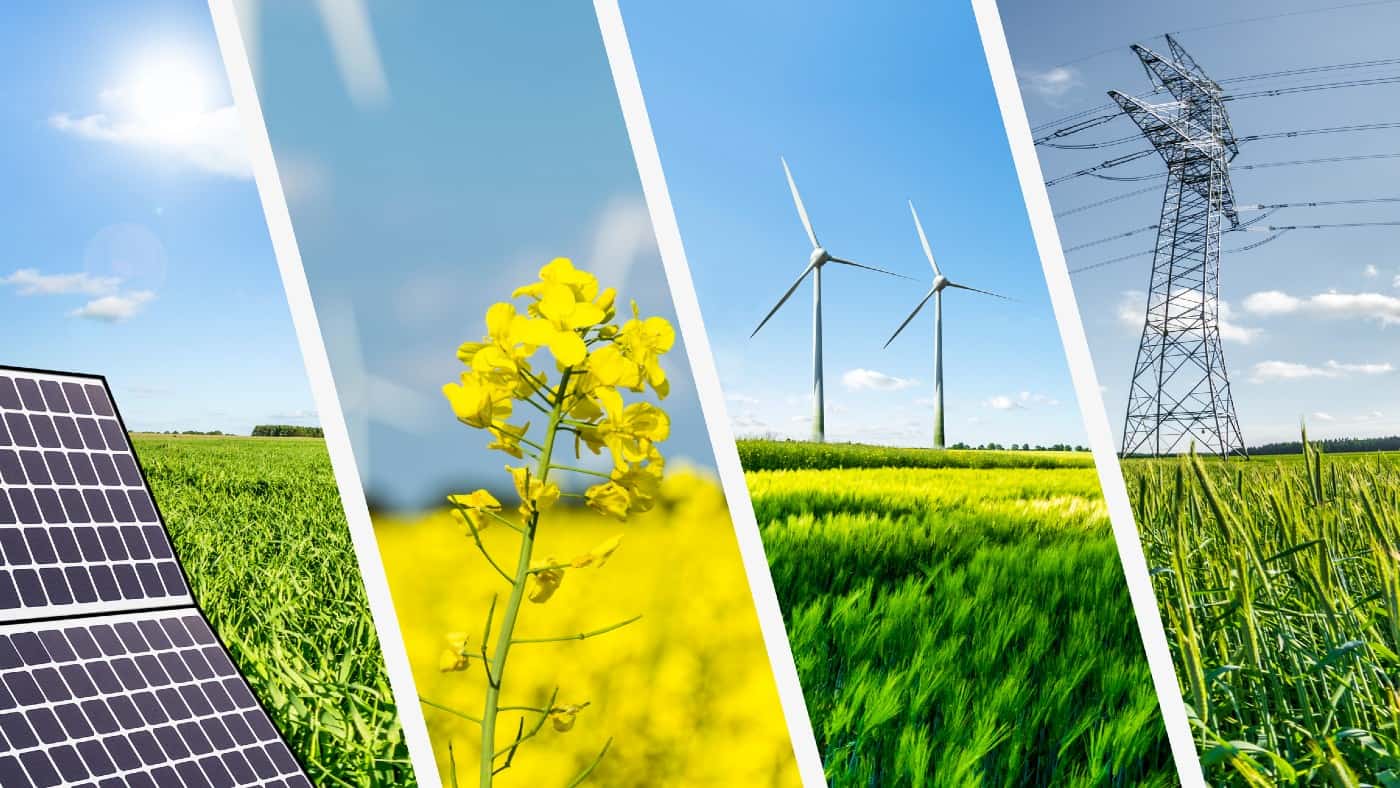I’ve been watching Yü Group (LSE:YU) shares for while now, but have I left it too late to buy? The shares are currently trading around 630p, compared to 265p a year ago. For comparison, the FTSE AIM All-Share index has fallen 25% during this period.
An overview
Yü Group principally supplies electricity and gas to business customers.
The company has grown rapidly in recent years. Even so, it’s still a small player, supplying 0.9% of the 3.4m gas and electricity meter points in the market.
| Year | Meter points |
| 2016 | 4,321 |
| 2017 | 7,361 |
| 2018 | 9,723 |
| 2019 | 8,724 |
| 2020 | 17,425 |
| 2021 | 31,862 |
Sales, profit and cash are also rising. Some of this growth can be attributed to the demise of three other energy suppliers in late 2021/early 2022. The company took part in a tender process to secure their customers, the largest of which had 8,200 meter points. However, most of the increased revenue comes from existing customers on variable rate tariffs.
| £m | H1 2021 | H2 2021 | H1 2022 |
| Revenue | 65.8 | 89.6 | 129.2 |
| Gross profit | 5.1 | 10.1 | 18.2 |
| Profit after tax | 0.9 | 3.6 | 4.4 |
| Operating cash inflow / (outflow) | 2.3 | (3.1) | 10.3 |
The industry
Smaller energy providers have had a difficult time lately.
Between January 2021 and February 2022, 31 gas and electricity suppliers went bust. Due to the government’s price cap, when suppliers were faced with rising costs, they were unable to raise prices sufficiently, and many collapsed.
But Yü Group’s customers are in the commercial sector where there’s no price ceiling. When energy costs are increasing, the company is able to pass these on to its customers, unless they’re on a fixed price tariff.
Like most suppliers, the company doesn’t produce the energy it sells. It acts as an intermediary between the wholesale energy markets and its customers.
Risk-averse energy suppliers purchase the energy they need in advance. However, hedging requires significant upfront cash to be deposited as collateral, which is why only large companies are able to forward-buy energy in the quantities needed. Smaller suppliers are therefore at the mercy of the wholesale market. They can be very profitable at times of low energy prices, but when prices rise dramatically, they could fail.
Yü Group’s success is directly related to the skill of those involved in the hedging process. If they buy energy in advance exactly in line with the requirements of its customers — and add sufficient margin — they’re guaranteed to be profitable. Get it wrong, and they could be badly burned.
Should I buy?
The electricity supply business is a tough one with tight margins. But, Yü Group is growing, profitable and has no borrowings. And most of its costs are fixed, which means greater sales volumes will quickly feed through to the bottom line.
It’s difficult to assess how much of the firm’s improved financial performance is due to the rise in wholesale energy prices, and how much is due to the skill and expertise of management. The company can’t take any credit for the former, of course.
In 2020, when the pandemic caused energy prices to collapse, the company made a post-tax loss of £1.5m.
Wholesale energy prices are now starting to fall. I’m therefore going to wait and see how this impacts on the earnings of Yü Group, before deciding whether to invest.








